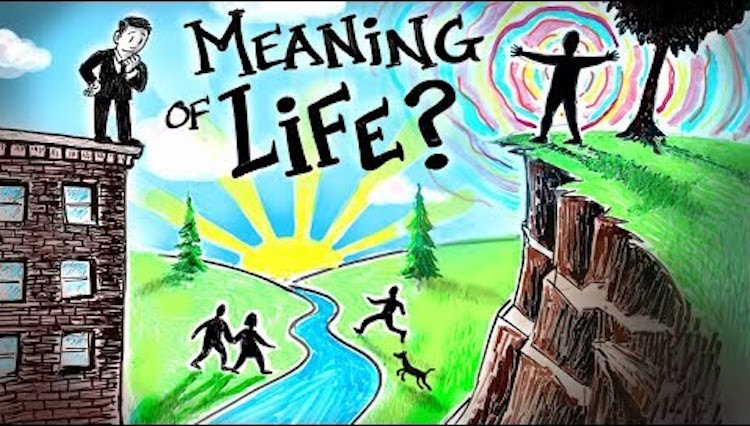Why the Elusive State of Happiness Is More Valuable When It Is Sought Than When It Is Simply Granted

In another brilliantly illustrated episode of After Skool, British philosopher Alan W. Watts, who previously explained that life should not be considered a journey because the end is not the primary goal, explains that happiness is always more valuable when it is sought than it being simply granted, as this would make a state of bliss dull and uninteresting after awhile. Rather, he explains, one should alway challenge oneself towards a goal of happiness with the understanding that with happiness will often come sadness. It is up to the individual to embrace both the light and the dark side of these emotions, to take complete, honest responsibility for oneself and fully realize that happiness is not the meaning of life.
Some of history's greatest philosophers have spent their entire lives writing about the meaning of life. Why are we here? Surely there must be a reason? Many people in western culture believe the meaning of life is to "be happy". Alan Watts has a brilliant way of eloquently challenging this notion. If we were to live in a state of eternal bliss, then bliss would become dull. Without darkness, there would be no light. Without pain, there would be no pleasure. Happiness is based in perspective. Embrace every aspect of life, the good and the bad, and learn to see the beauty in it.